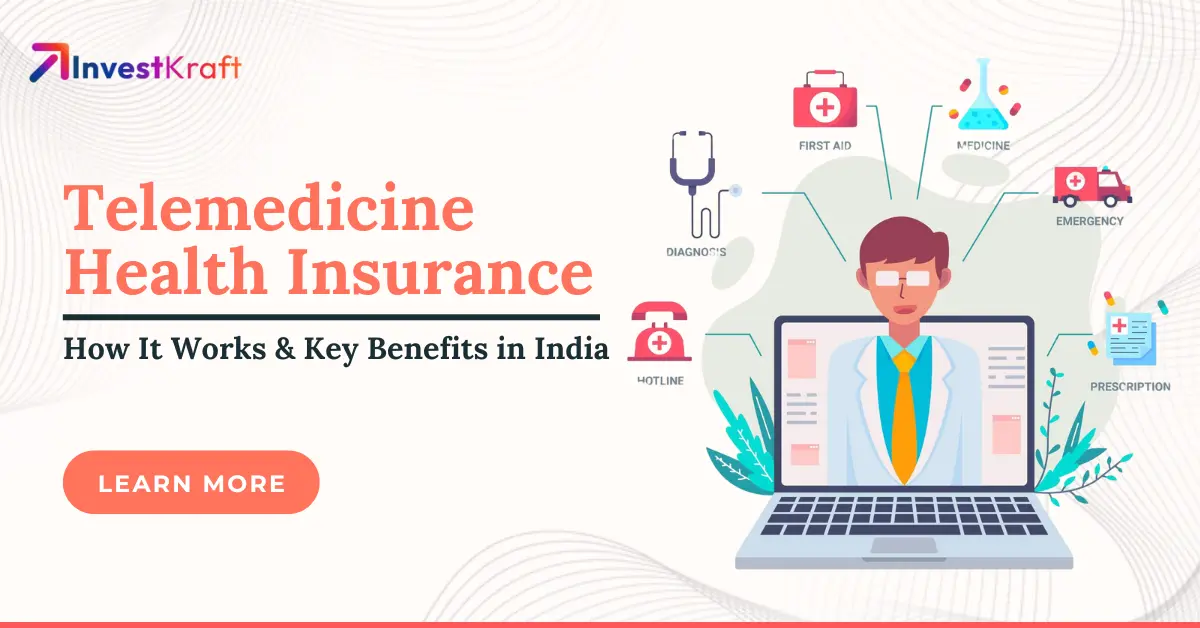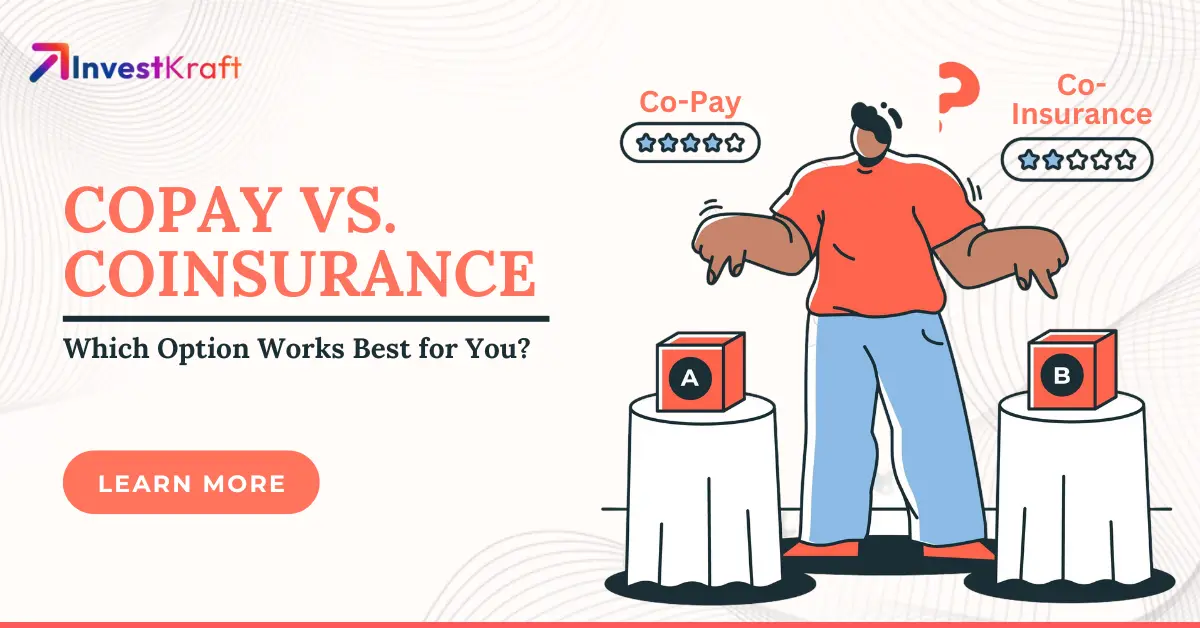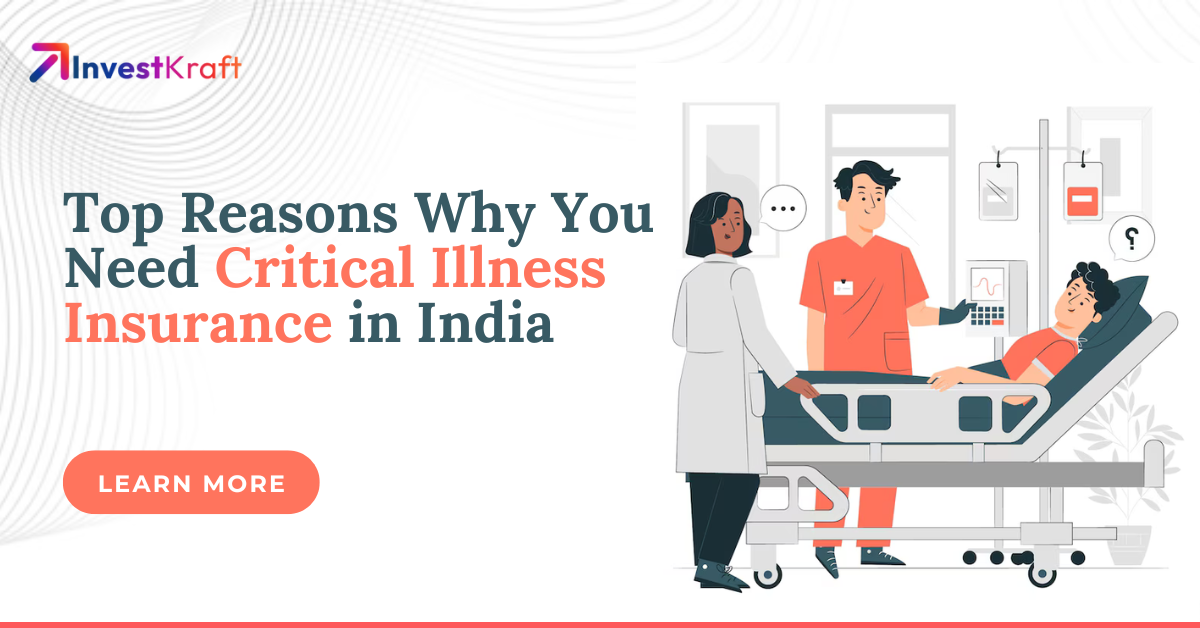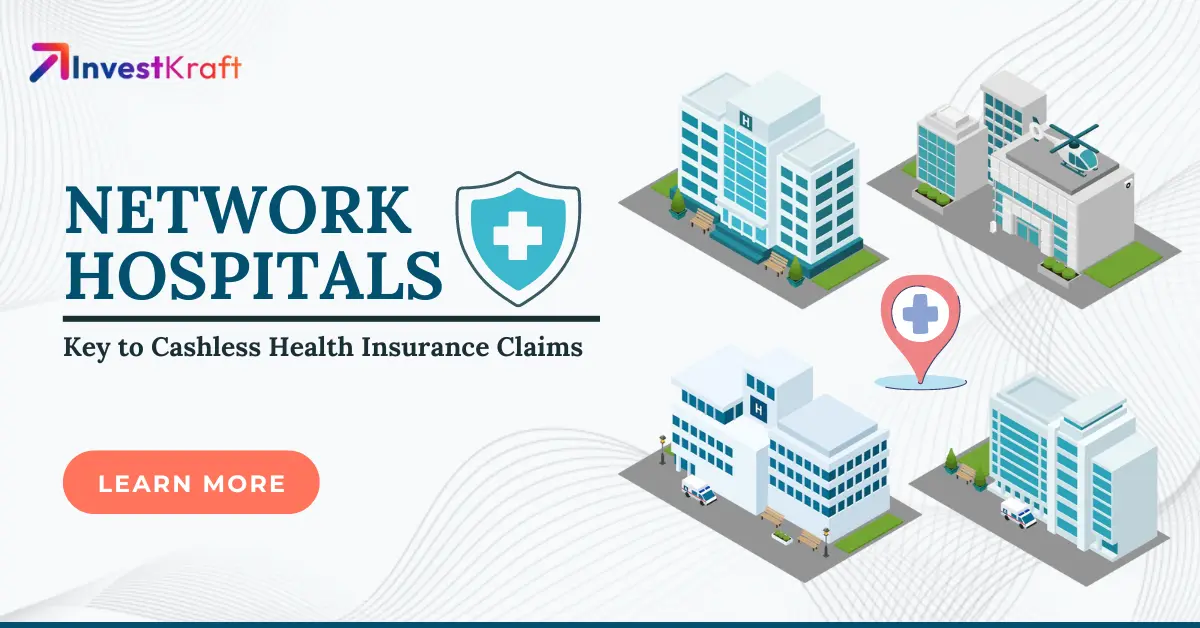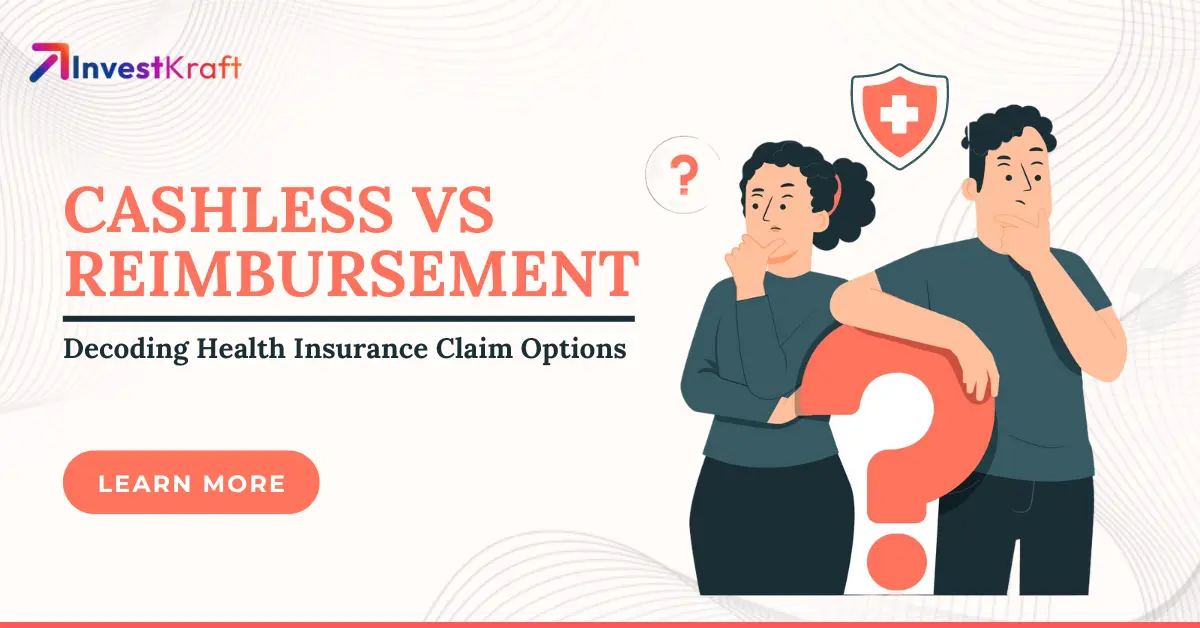Smart Strategies for Managing Unexpected Medical Expenses in 2024

Getting hit with unexpected medical expenses after staying in a hospital is not only frustrating but also costly. Despite having health insurance, many Indians end up facing a long list of healthcare expenses for different procedures, including basic preventative care, whenever they visit their doctors. This adds to the already stressful experience of being in the hospital.
Healthcare costs in India can be confusing, especially when it comes to determining the coverage provided by insurance policies. Additionally, the possibility of outstanding bills being handed over to collection agencies employs various strategies such as communication through calls, letters and emails to ensure debt recovery.
There are several ways to manage unexpected medical expenses without impacting your credit score or facing financial strain. By understanding your options and taking proactive steps, you can effectively address these expenses and avoid accumulating debt. It is important to explore strategies such as negotiating medical bills, setting up payment plans or seeking assistance from financial aid programmes to alleviate the financial burden caused by medical expenses.
Prevalence of Unexpected Medical Expenses in India - A Statistical Representation
This section includes the statistical representation of the prevalence of unexpected medical expenses in India according to the National Institutes of Health (NIH) -
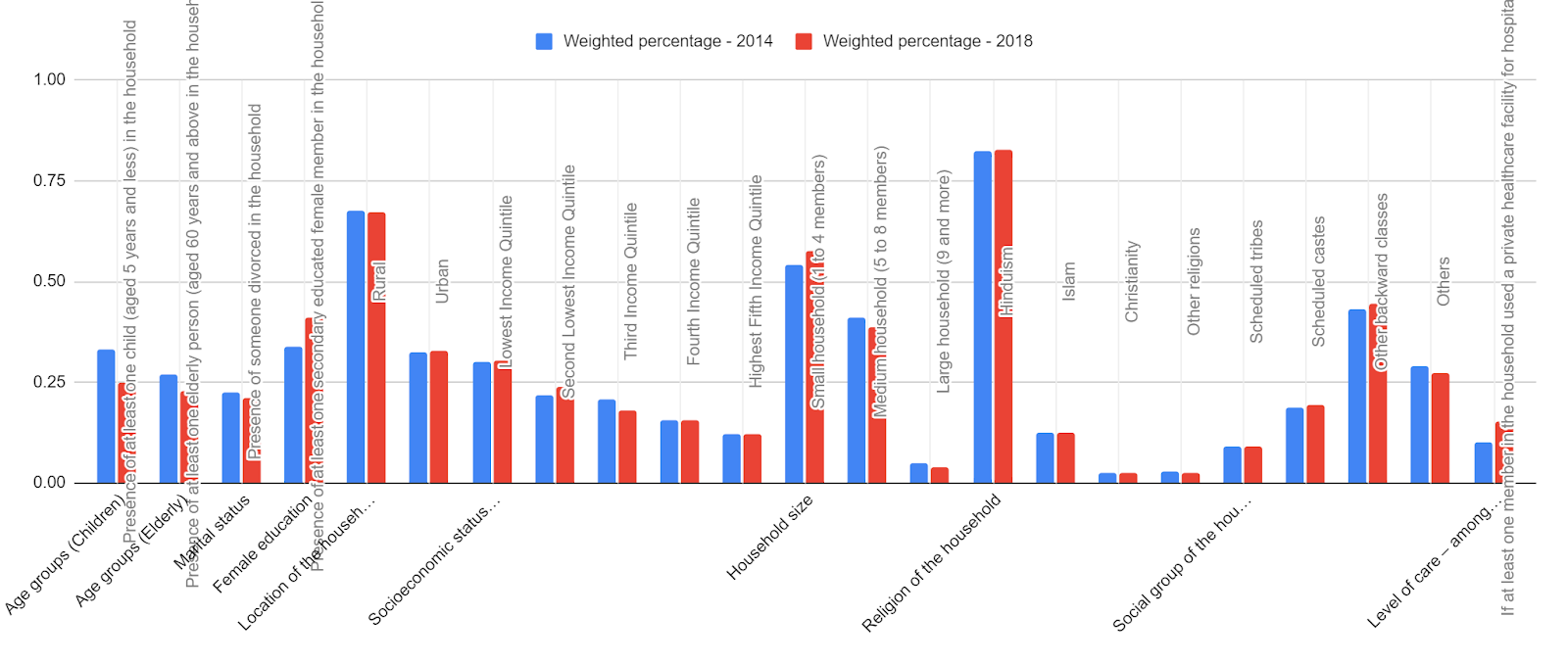
Table A: Descriptive statistics of the household characters.
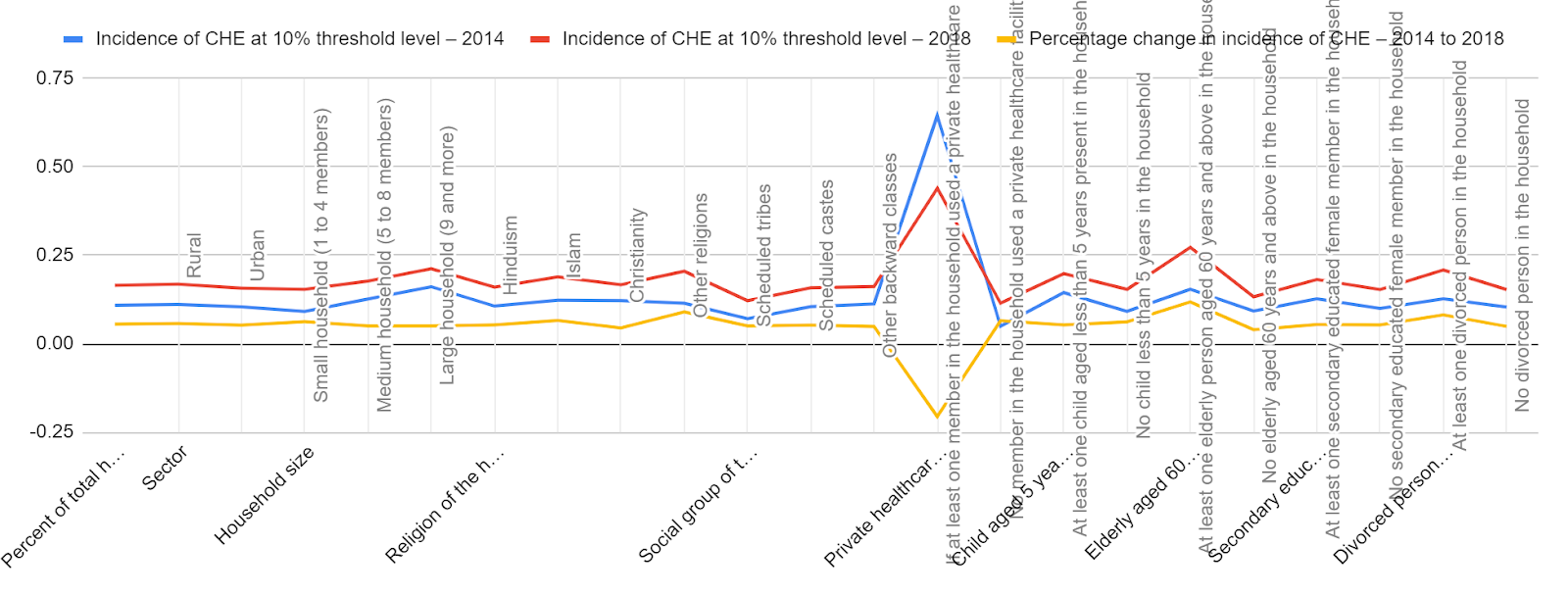
Table B: Intensity of CHE by household characteristics.
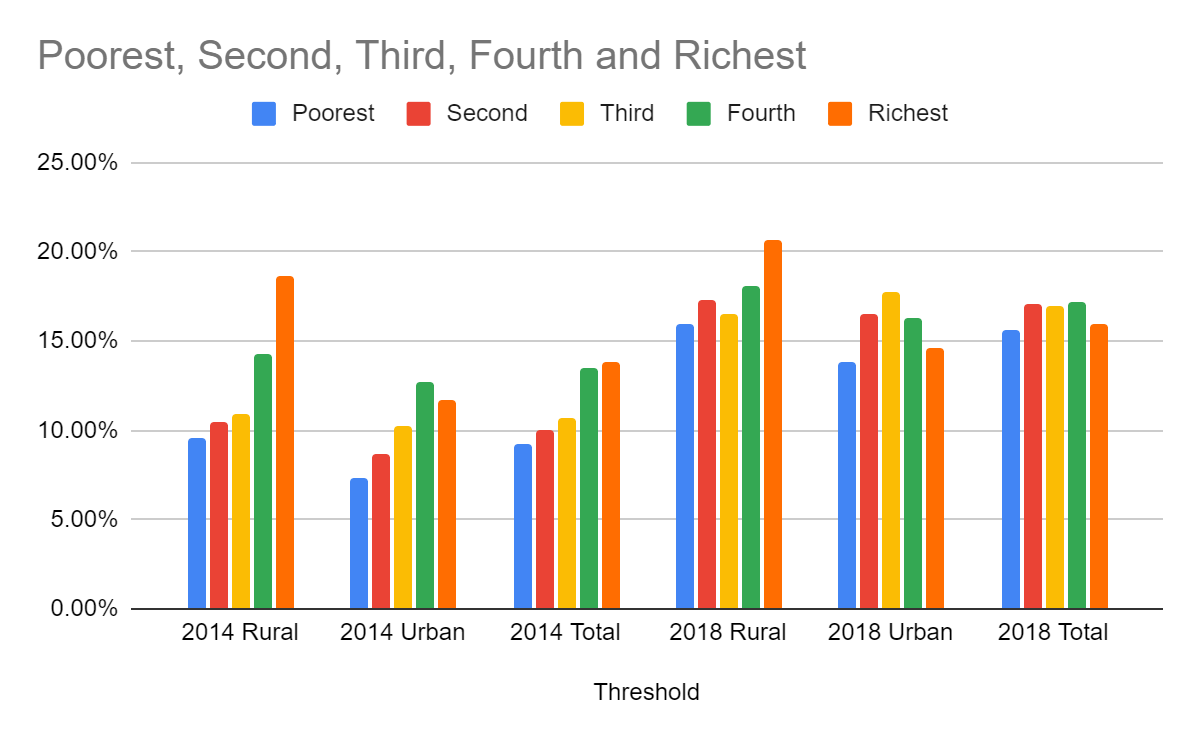
Table C1: Headcount and overshoot of CHE by socioeconomic status and location.
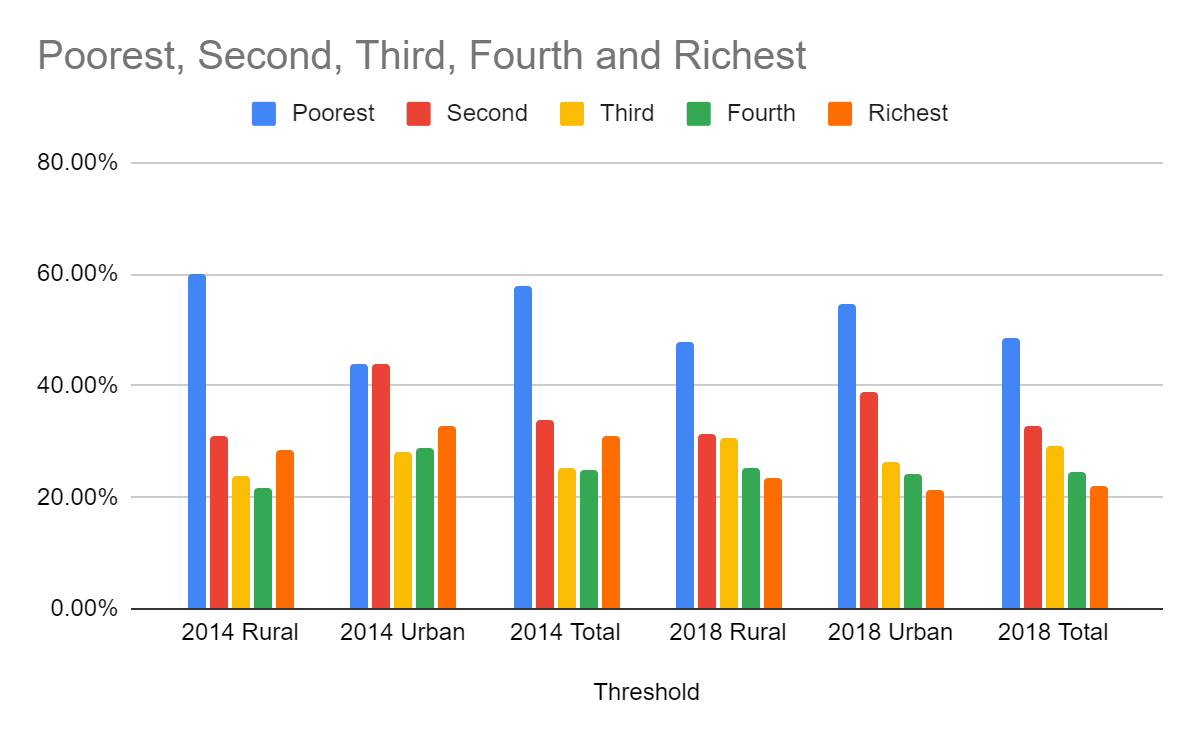
Table C2: Headcount and overshoot of CHE by socioeconomic status and location.
What are the Common Causes of High Medical Bills in India?
Healthcare costs in India are affected by several factors that contribute to their high expenses. Some common causes of high medical bills in India include -
- Expensive healthcare infrastructure.
- High-tech medical equipment is expensive but essential for quality healthcare services that increase hospital costs.
- The high cost of medications, especially branded and patented drugs and the lack of regulation on drug pricing inflates costs for customers.
- Specialist consultation fees can be high, especially in urban areas with a high demand for specialized healthcare.
- Healthcare facilities incur various administrative costs that contribute to the overall cost of healthcare services, including staff salaries, maintenance and utilities.
- In India, without comprehensive health insurance, people must pay for healthcare expenses themselves, which can cause financial strain, particularly for costly treatments.
- High medical education costs in India lead to doctors charging higher fees.
- The healthcare sector’s inconsistent regulation and oversight can lead to inefficiencies and higher costs for consumers.
- Population growth and healthcare needs drive increased demand for healthcare services, straining providers and escalating costs.
- Quality differences in healthcare can result in higher prices for better providers.
How Do Surprise Medical Costs Drain an Individual Mentally and Financially?
The research findings are concerning - almost 20% of patients who visit hospitals for planned surgeries or give birth in a hospital end up receiving unexpected medical bills. This problem extends to ambulance rides as well, with up to 2/3rds of them being put-of-network. These findings highlight the urgent need for better regulation and protection for patients against surprise medical costs.
Surprise medical costs often occur during emergencies when patients have little control over where they receive care.
Impact of Surprise Medical Costs on Patients
The unexpected medical costs that patients face after receiving unplanned emergency care can have a significant impact on them. When patients enter an emergency room, they usually do not consider whether the doctor is part of their insurance network, especially since in-network hospitals often have out-of-network providers. This often results in unexpected medical bills, which can lead to financial hardship for patients who are unprepared to pay such a substantial amount.
Impact of Surprise Medical Costs on Providers
Out-of-network providers often choose to operate in this manner due to insufficient compensation from health insurance plans. They prioritize making decisions that benefit the patient rather than being limited by coverage and payment concerns. In the case of surprise medical billing, the provider bears the impact if they operate out-of-network. They are then compelled to pass the bill onto the patient and the subsequent outcome hinges on the individual’s ability to afford the unexpected expense.
Smart Ways to Manage Unexpected Medical Bills
Managing unexpected medical bills can be challenging but there are effective strategies to alleviate the burden. It is important to explore options such as -
- Review medical bills for mistakes and contact the billing department to clarify discrepancies.
- Negotiate healthcare costs politely while explaining your financial situation. Ask for any possible discount or charity care programme based on your income.
- Know your insurance coverage. Understand your plan’s limitations and out-of-pocket costs to avoid surprises later.
- Contact your provider if your insurance denies coverage to understand the reason and request a peer review for a second opinion.
- Save money regularly for unexpected expenses like medical bills by building an emergency fund.
- Healthcare providers and hospitals sometimes offer payment plans to help manage the cost of bills over a longer period.
- Some credit cards offer special financing for medical expenses, but be cautious of high interest rates. Only use it if you can pay off the balance quickly.
- Regular checkups with your doctor can detect health issues early and be less expensive than treating advanced conditions.
- Do not neglect preventive screenings like mammograms, colonoscopies or blood tests to identify diseases early, leading to cheaper treatments.
- Use online price transparency tools to compare procedure costs and choose a more affordable provider.
- Consider outpatient procedures to save on costs compared to inpatient hospitalization.
- Confirm with your insurance provider if prior authorization is required for tests or procedures to avoid denials.
- Request detailed itemized bills for a thorough review of services and costs, checking for errors and unnecessary charges.
- Discuss alternative treatment options with your doctor. Look for more affordable medications or less invasive procedures that have the same outcome.
- Keep detailed medical records, including bills, test results and doctor’s notes. It is crucial during disputing charges or appealing against denied claims.
- A Breakdown of Key Concepts of Health Insurance
In this section, we will discuss all the lesser-known key concepts related to health insurance like -
- Lifelong Renewability: Health insurance policies are usually designed to be renewable for life, allowing policyholders to maintain coverage even if they develop a medical condition. This feature provides continuous protection against potential health threats, offering peace of mind and financial security.
- No Claim-Based Loading: Insurers cannot raise premiums or impose loading on renewals solely based on the policyholder’s claims history. This protects policyholders from facing increased costs due to legitimate claims they have made.
- Room Rent Restrictions: Some health plans may place restrictions on room rent coverage, either by capping coverage at a certain percentage of the sum insured or by imposing a fixed limit. Consequently, the insurer may not cover the full cost of the room rent if it surpasses the specified limit.
- Portability and Migration: Policyholders have the flexibility to switch their health insurance plans to another provider and still enjoy the benefits from their previous policy. This includes carrying over waiting periods and the total sum coverage. Additionally, they have the option to migrate to a different plan within the same insurance company.
- Cumulative Bonus: Many insurance plans provide a cumulative bonus that gradually boosts the coverage amount for each consecutive year without any claims. This serves as an encouragement for policyholders to prioritize their well-being and refrain from filing unnecessary claims.
- Preventive Health Checks: Insurers often offer complimentary routine health check-ups every few years to support policyholders in maintaining their well-being proactively.
- Restoration of Sum Insured: In the event that the sum insured is fully utilized for claims, certain policies provide the choice to restore the sum insured. This can be done either automatically or by paying an extra premium.
- Domiciliary Hospitalization: Domiciliary hospitalization coverage pays for medical expenses when the patient is unable to be admitted to a hospital and needs treatment at home due to their condition or unavailability of hospital beds.
- Telemedicine Coverage: Some insurance companies have started offering coverage for remote consultations with healthcare providers as part of the growing trend towards digital healthcare. This means that policyholders can now access medical care and advice from the comfort of their own homes, which can be particularly convenient for those with busy schedules or limited mobility.
Conclusion
The article delved into the issue of unexpected medical bills in India, shedding light on the financial burden they impose. It examined the factors contributing to the high costs of healthcare and the emotional impact that unforeseen expenses have on patients.
Proactive strategies for managing unexpected medical bills are crucial. It is important to review the bills for errors, negotiate costs, understand insurance coverage and explore payment plans. Additionally, building an emergency fund and prioritizing preventive healthcare can greatly alleviate financial strain.
By using these tips and understanding key health insurance concepts, you can better manage unexpected medical costs and feel more financially secure.
Frequently Asked Questions (FAQs)
Q: How can I choose the right health insurance plan to minimize unexpected costs?
A: Consider choosing a plan with high coverage limits and low deductibles to ensure comprehensive protection. While opting for a higher deductible may reduce your monthly premium, it also means you will have to cover more costs before your insurance coverage begins.
Q: I'm getting an expensive medical procedure. Can I get a second opinion?
A: Absolutely! Seeking a second opinion from another healthcare professional can provide reassurance by confirming the diagnosis and treatment plan. Additionally, it may uncover alternative and potentially more cost-effective options.
Q: How can I avoid medical identity theft?
A: Protect your medical information by carefully reviewing your medical bills for any discrepancies. Exercise caution when sharing personal information online or over the phone. Additionally, make it a habit to regularly monitor your credit report for any signs of suspicious activity.
Q: What if I disagree with a service charge on my medical bill?
A: Make sure to take action by contacting your insurance company promptly and submitting a formal appeal that clearly outlines the reasons for your disagreement with the charge. It is important to include any relevant supporting documentation to strengthen your case. Do not hesitate to advocate for yourself and present a compelling argument to contest the charge.
Q: Can I use crowdfunding to help pay for medical expenses?
A: Crowdfunding platforms should be considered for medical expenditure funding, but it is important to thoroughly research them beforehand. Transparency about how the funds will be utilized and managing expectations are crucial factors to be aware of.
Q: How can I find out-of-network providers who offer lower costs?
A: Consider utilizing online resources or asking for recommendations from your doctor to find suitable options. You can also reach out to your insurance company for a list of providers within their network who offer competitive rates.

Author: Abhik Das
Abhik Das is a versatile content writer with over 5 years of experience crafting engaging and informative content across diverse industries. His expertise spans the fields of ed-tech, pharmaceuticals, organic food, travel, sports, and finance.
Here's what sets Abhik apart:
Content Versatility: Able to adapt writing style and tone to suit various audiences and content needs.
SEO Proficiency: Creates content optimized for search engines, ensuring discoverability and organic traffic.
Deep Research: Conducts thorough research to ensure content accuracy and credibility across complex topics.
Engaging Storytelling: Captures reader interest with clear, concise, and compelling writing.
Abhik's diverse background empowers him to deliver insightful content across a wide range of subjects. Whether you're seeking engaging explainer pieces on the latest financial trends, informative guides to organic food choices, or captivating travelogues, Abhik has the expertise to craft content that resonates with your audience.








